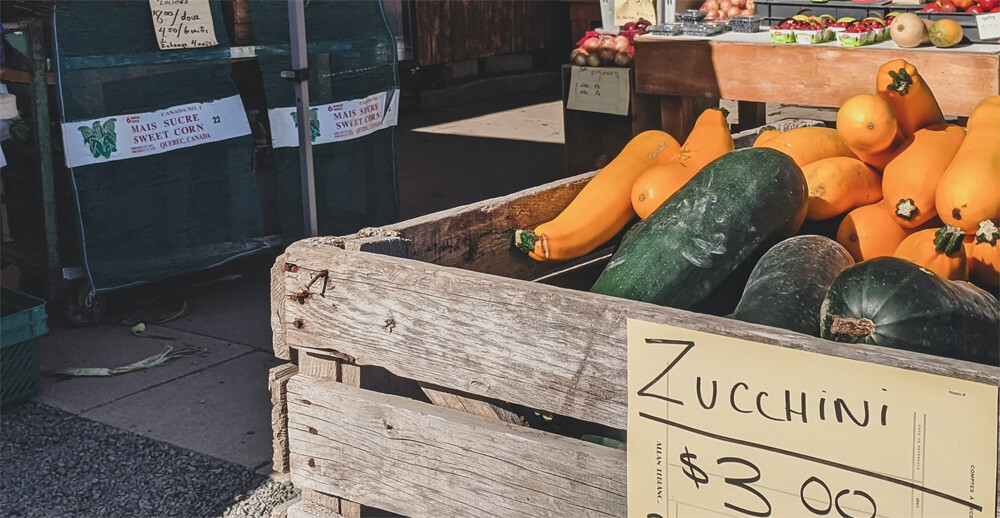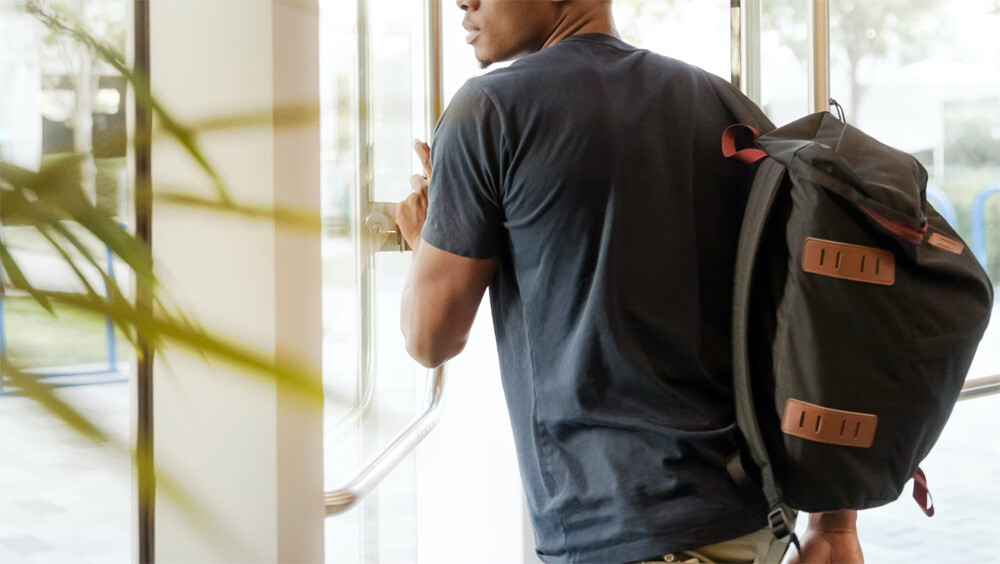5 Ways Segregation Is Still Alive Today

In 1964, Lyndon B. Johnson signed the Civil Rights Act, which ended segregation. And from that point on, everything was perfect.
Except, uh, no. Segregation wasn't just something written into law but a reality that continued even once the laws were gone.
We're Separated By Credit Scores … And Black Borrowers Keep Getting Inaccurate Ones
The credit score, as it exists today, isn't a very old concept at all: It debuted the same year The Simpsons started. Informal credit reporting goes back a little longer though, and it's always had a history of perpetuating racial discrimination towards minorities.
Don't Miss
It's not just a matter of poor people getting bad scores, trapping them in a cycle of poverty (though that would still be bad). The fact is, non-white people are far more likely to have their scores misreported than white people are. A lot of this is a mixture between algorithm bias and good old fashioned human racism.

As for the consequences of this, well, if you’ve ever needed to take out a loan, rent an apartment, mortgage a house, or buy a car, you’re probably very well aware of what credit scores are. These small, simple numbers can make your life heaven or hell. Thanks to lower credit scores, Black borrowers are far less likely to be able to secure housing loans. This segregates non-white people into less desirable neighborhoods, while white people get better homes and lower interest rates.
And that's not the only way housing is messed up …
Banks Still Redline Communities And Block Black People From Home Ownership
Starting a century ago, banks and the government labeled some neighborhoods as "risky." Banks denied mortgages to people living there, and cities grew to keep all kinds of vital services elsewhere. This was called "redlining" (maps outlined the risky neighborhoods in red), and as you might have already guessed, the bulk of the discrimination fell on Black Americans. Here too, the problem wasn't just the system making the poor poorer: Banks would often deny loans to even middle-income Black families in favor of lower-income white families.
Those exact maps aren't still in use today, but redlining still happens in practice. The Center for Investigative Reporting discovered that in over 61 metro areas like Atlanta, Philadelphia, St. Louis, and more, Black people were routinely denied for loans compared to white people.

Even if you do manage to get a home, your race may determine how much it's worth. Your home's price is up to appraisers, who may value a house less if the owner's Black. We're not just talking about under-valuing homes in Black neighborhoods (which totally happens). We're talking about the exact same house, when a Black owner has a white friend show it off and hides all family photos, getting appraised at a staggering $500,000 more, a jump of over 50 percent.
The appraisers behind that last story are now facing a lawsuit, so that should solve things, because surely this is a problem 100% confined to that one firm.
Black Neighborhoods Exist In Food Deserts
There are a lot of things people normally take for granted that they probably shouldn’t. For example, grocery stores. If you’re privileged enough to live in an area with health food stores and fresh produce, you probably don’t even think about this existence as anything special. It’s just there, like the sky or Elon’s endless parade of insane tweets. But there’s something you just might not have ever thought about, and it’s that the quality of your grocers largely depends on what race you are.
The legacy of white flight, when white people leave cities en masse due to racial tension or economic strife, means that corporations are less likely to open shop near Black neighborhoods deemed "threatening." That means that Black people on average likely won’t have fancier stores like Trader Joes or even any stores with fresh produce, so must often resort to dollar stores to get by. Selections at Black stores are less likely to be diverse and more likely to have unhealthy foods, contributing to overall health problems.

When big stores do open in Black neighborhoods, they still might not be up to their usual standards. A sociologist named Adam Reich surveyed over 2,840 Walmarts based on zip codes and shoppers' average income and race, and looked at 35,000 reviews. He concluded that Walmarts in Black neighborhoods offer overwhelmingly more negative experiences than those in white neighborhoods. To which we say: Adam, your job sounds like it absolutely sucks, hope you have vacation somewhere fun coming up.
Health Care Is Still Separated Along Racial Lines
Back under old fashioned segregation, racism operated basically in your standard “whites only” way, with many hospitals only serving white patients, but there was also inequality in health care resources and quality. Black hospitals were frequently understaffed, did not have as many Black doctors (as segregated schooling made sure of that), and had higher death rates than white hospitals. This practice, unfortunately, also continues into the current day under a new form of Jim Crow.
Black people today are more likely than whites to die in the hospital, receive inadequate care, and live in neighborhoods near understaffed and under-resourced hospitals. Doctors are more likely to ignore Black patients suffering pain, based on the stereotype that Black people are physically tougher.

Bad news: You also less likely to get treatment for problems from opioids.
On top of that, ambulances will often not take Black people to the nearest hospital, but the one that they think Black people should go to. Black people will also often have higher mortality rates in childbirth. Studies show that Black babies would be far less likely to die if doctors cared for them after they're born, which is … kind of what we assumed they should have been doing from day one.
School Segregation's Alive Thanks To Educational Paths
School segregation supposedly ended a full decade before even The Civil Rights Act, when the Supreme Court ruled on Brown v. Board of Education in 1954. In practice, schools have remained pretty segregated, and while that's mostly due to where people live, let's mention one cause you may not have thought about: tracking.
“Tracking” isn’t just what the FBI does to Muslims post-9/11 but is a term used to describe the process of forcing some students into different educational paths, depending on how well they do in school. These practices culminate in the form of advanced placement or “genius” classes, that tend to separate lower-income students, often non-white, from other students of higher income.

You can understand why tracking sounds like a good idea. To a lot of people, the sole point of school (and childhood in general) is to efficiently convert children into workers, because that's how they do it in China or whatever. But if tracking segregates students racially, and also uh actually results in worse student performance than just teaching everyone together, maybe we can let kids mix instead of subjecting them to the whims of the Sorting Hat.
Top image: LinkedIn Sales Solutions
